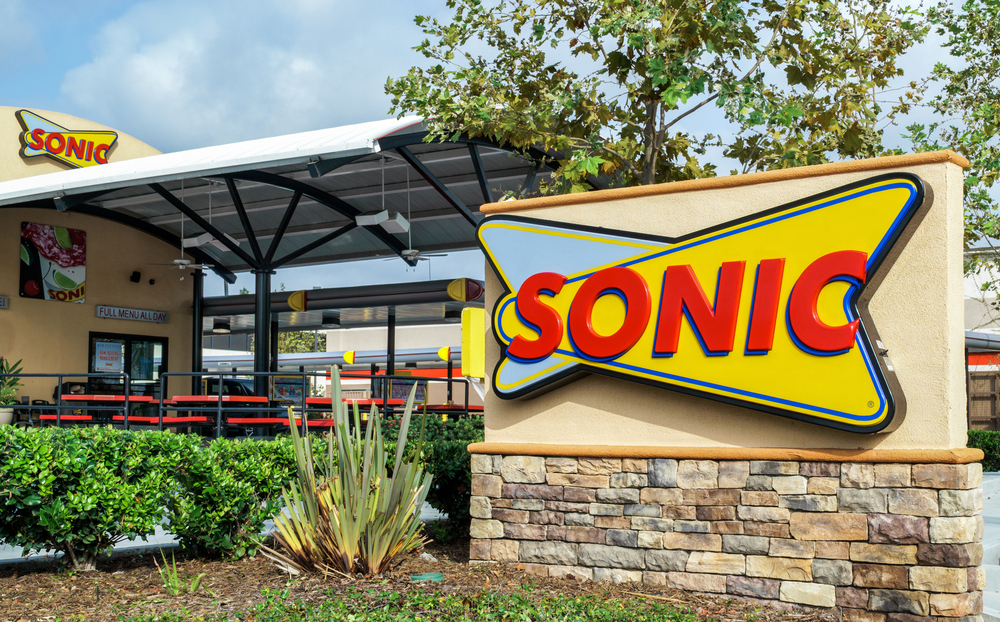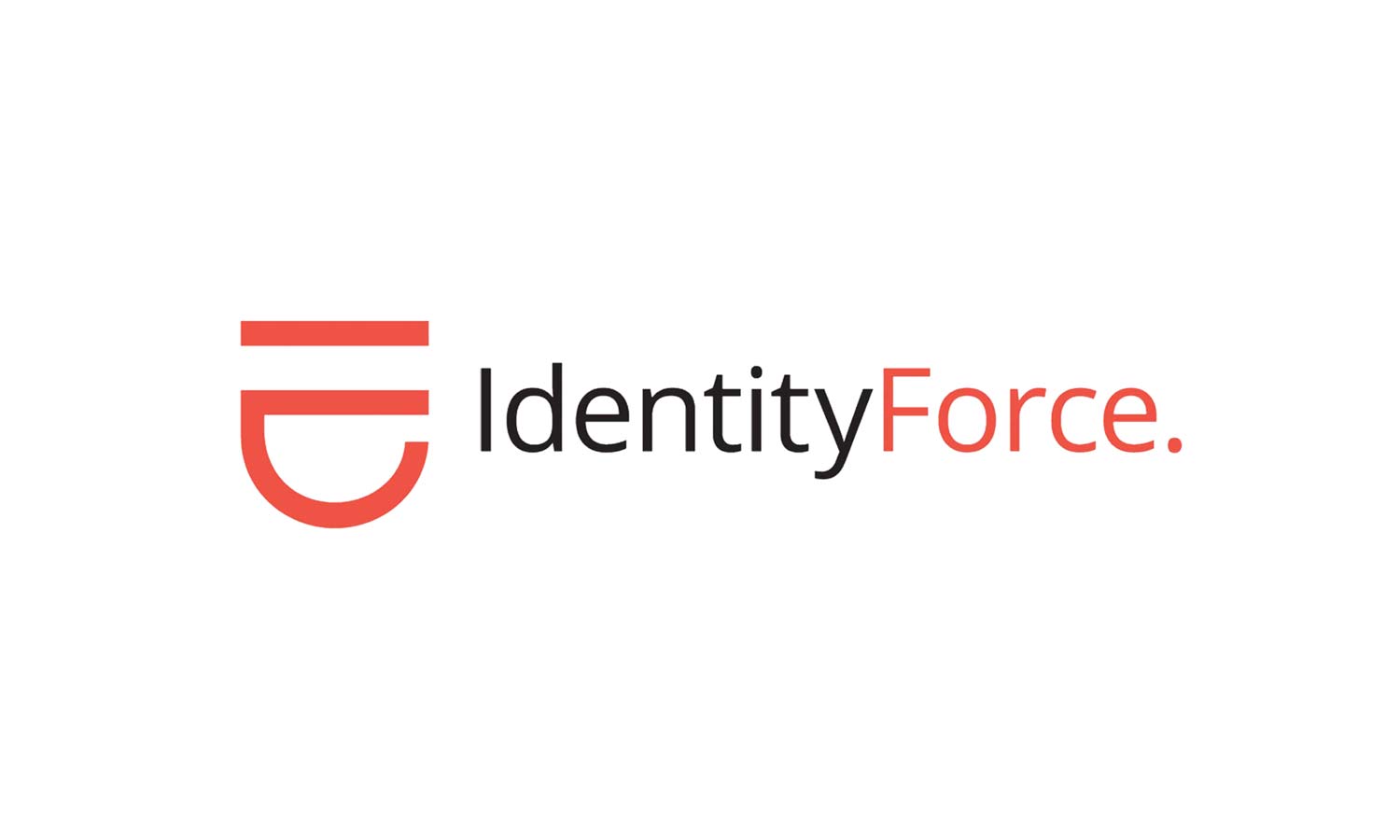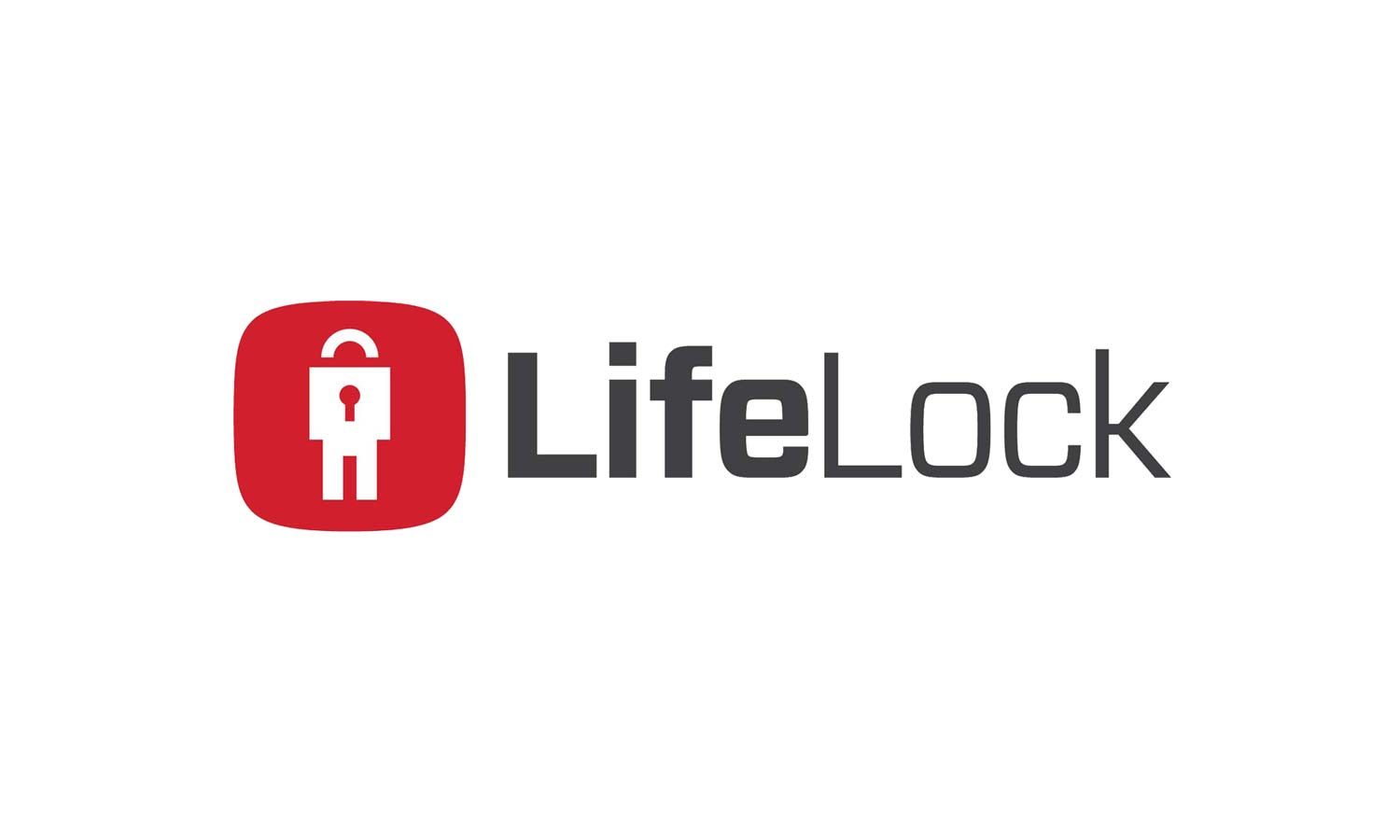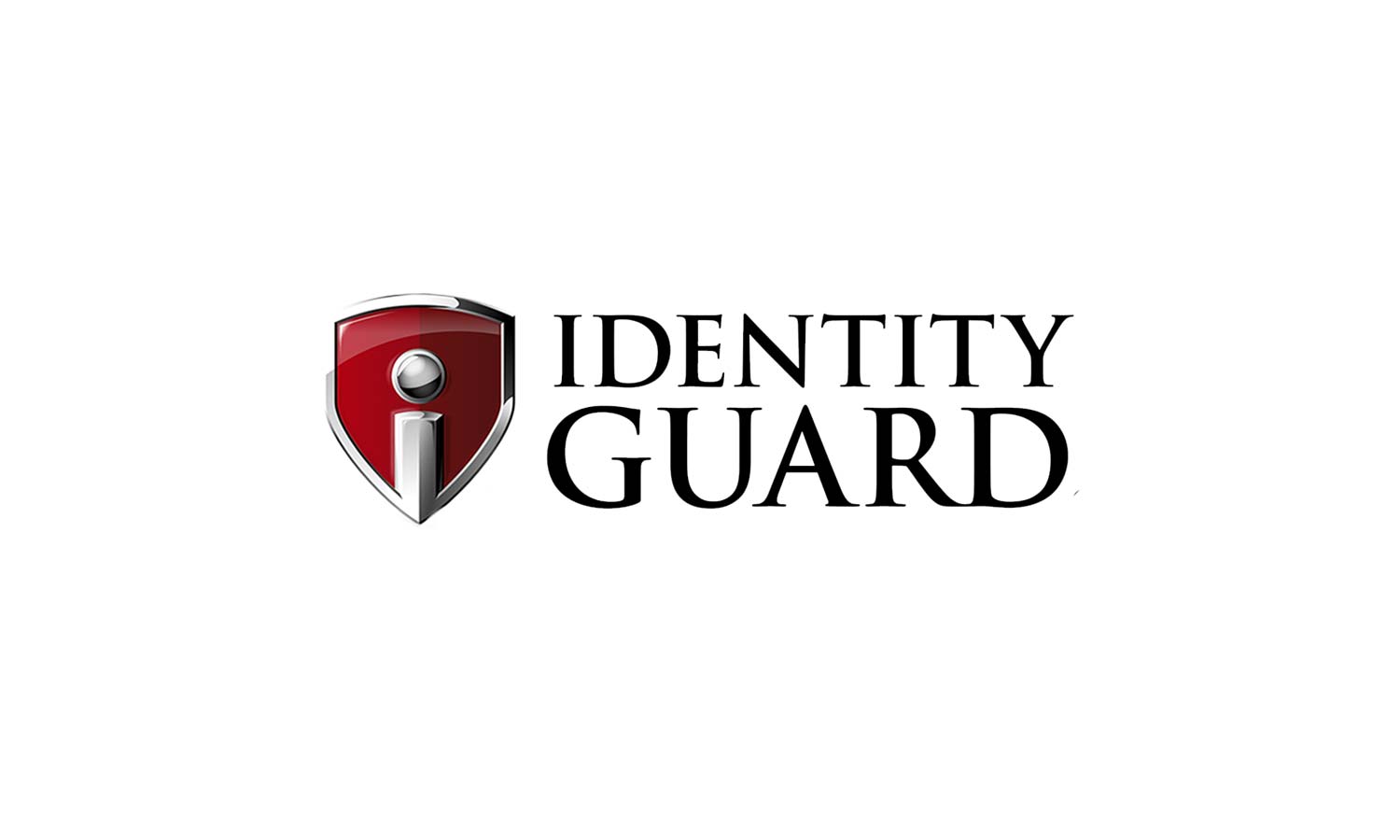Sonic Drive-In Credit-Card Breach: What to Do
Millions of credit cards may have been stolen from Sonic restaurants across the U.S. If you think you might be affected, here's what to do.
Here at Tom’s Guide our expert editors are committed to bringing you the best news, reviews and guides to help you stay informed and ahead of the curve!
You are now subscribed
Your newsletter sign-up was successful
Want to add more newsletters?

Daily (Mon-Sun)
Tom's Guide Daily
Sign up to get the latest updates on all of your favorite content! From cutting-edge tech news and the hottest streaming buzz to unbeatable deals on the best products and in-depth reviews, we’ve got you covered.

Weekly on Thursday
Tom's AI Guide
Be AI savvy with your weekly newsletter summing up all the biggest AI news you need to know. Plus, analysis from our AI editor and tips on how to use the latest AI tools!

Weekly on Friday
Tom's iGuide
Unlock the vast world of Apple news straight to your inbox. With coverage on everything from exciting product launches to essential software updates, this is your go-to source for the latest updates on all the best Apple content.

Weekly on Monday
Tom's Streaming Guide
Our weekly newsletter is expertly crafted to immerse you in the world of streaming. Stay updated on the latest releases and our top recommendations across your favorite streaming platforms.
Join the club
Get full access to premium articles, exclusive features and a growing list of member rewards.
UPDATED Oct. 5 with confirmation of breach from Sonic, and offer of free credit monitoring for potential victims.
If you've used your credit card at a Sonic Drive-In restaurant recently, better check your statements. The entire fast-food chain, or at least a significant part of it, may have suffered a credit-card breach, according to independent security reporter Brian Krebs.

The company confirmed to Krebs that there had been "unusual activity regarding credit cards used at Sonic," but couldn't confirm how many cards might be affected, how many of the roughly 3,500 Sonic restaurants might be involved, or whether there had even been a breach at all.
Nonetheless, if you have used a card at Sonic within the past six months, call the service number on the back of the card and use the automated menus to check your recent transactions. If there are transactions you don't recognize, notify the card issuer immediately.
MORE: What to Do If Your Credit Card Is Stolen
Krebs said he heard last week that 5 million newly stolen credit-card numbers had been put up for sale in an online "carder" market called Joker's Stash. A screenshot from yesterday (Sept. 26) showed a listing boasting that the cards came from "almost all USA states."
Who's Impacted
The Oklahoma-based Sonic chain has restaurants in 45 U.S. states — all but Alaska, Hawaii, Maine, New Hampshire and Vermont. It features traditional American fast food, such as burgers, milkshakes and hot dogs, served by wait staff on roller skates to customers waiting in cars or outdoor tables.
Get instant access to breaking news, the hottest reviews, great deals and helpful tips.

The cards being sold are part of a set called "Firetigerrr" by the seller, and are being offered for between $25 and $55, depending on whether they are credit or debit, their status level (standard, business, platinum, etc.) and their issuing bank. A screenshot of cards being offered that Krebs posted listed 11 cards issued in Texas, North Carolina, Arkansas, Louisiana, Virginia, Georgia and Washington state.
Krebs noted that the relatively high individual price — U.S. payment cards often sell for less than half those prices — might be due to the recentness of the breach.
Krebs got two of his contacts to buy some cards from the Firetigerrr set. Both contacts confirmed that all the cards they'd purchased had been used at Sonic restaurants recently. (Legally questionable as buying stolen card numbers may be, it's something that big banks routinely do to get information about credit-card theft.)
However, it's also possible that the cards could have been stolen from another retailer that happens to have a lot of customer overlap with Sonic.
It's not clear how a breach might have happened, but the presence of cards from a wide geographical area makes it improbable that the card numbers were stolen by unscrupulous cashiers. With a breach of this size and scope, it's more likely that criminals broke into some part of a back-end payment-processing system, as happened in the massive Target credit-card breach in 2013.
What Happens Next
If the Sonic breach is for real, it may take some time to confirm. Most Sonic restaurants are owned by franchise businesses independent from the Sonic Corporation, and the company would have to collect information from each of franchisee.
The stolen card information can be used to make purchases online or to "clone" new cards by replicating the data on a card's magnetic stripe.
Online retailers are supposed to prevent this kind of fraud by requiring purchases to input a three- or four-digit number printed on the card, but not included in the card's electronic data. However, many online retailers don't ask for that number.
Brick-and-mortar retailers are supposed to upgrade to chip-and-signature cards that are much harder to replicate than magnetic-stripe cards, but, as anyone who's shopped in the United States recently knows, many retailers don't accept chip cards yet.
If your card ends up being part of the possible Sonic breach, don't panic. Just inform your card issuer ASAP (within two days if it's a debit card) and you won't be responsible for fraudulent transactions.
Payment-card theft generally has little impact on the end user, other than having to replace the card itself. Breaches of personal information, such as the Equifax data breach disclosed earlier this month, are much worse and have much longer-lasting effects.
UPDATE Sept. 27: Tom's Guide reached out to Sonic and received the same comment that was provided to Brian Krebs. Here it is in full:
"Thank you for the opportunity to respond to your inquiry. Our credit card processor informed us last week of unusual activity regarding credit cards used at SONIC.
The security of our guests' information is very important to SONIC. We are working to understand the nature and scope of this issue, as we know how important this is to our guests. We immediately engaged third-party forensic experts and law enforcement when we heard from our processor. While law enforcement limits the information we can share, we will communicate additional information as we are able."
UPDATE Oct. 5: Sonic Drive-In confirmed the breach and offered two years of free credit monitoring, provided by Experian's Identity Works, to anyone who used a credit or debit card at a Sonic restaurant since Jan. 1, 2017.
Sonic did not say how many customers or restaurants might be affected, when the breach began or how the attackers got into Sonic's payment systems.

Get it. IdentityForce UltraSecure+Credit is the best overall service for both credit monitoring and identity protection. It also protects your account with two-factor authentication.

It's worth it. Get LifeLock Ultimate Plus if you're very worried about having your identity stolen and you also need antivirus software. But you can get better credit monitoring for less with IdentityForce UltraSecure+Credit.

Good, but not the best. Identity Guard isn't bad, but for about the same price, IdentityForce UltraSecure+Credit offers more comprehensive personal-data and credit-file monitoring.

Paul Wagenseil is a senior editor at Tom's Guide focused on security and privacy. He has also been a dishwasher, fry cook, long-haul driver, code monkey and video editor. He's been rooting around in the information-security space for more than 15 years at FoxNews.com, SecurityNewsDaily, TechNewsDaily and Tom's Guide, has presented talks at the ShmooCon, DerbyCon and BSides Las Vegas hacker conferences, shown up in random TV news spots and even moderated a panel discussion at the CEDIA home-technology conference. You can follow his rants on Twitter at @snd_wagenseil.
 Club Benefits
Club Benefits










